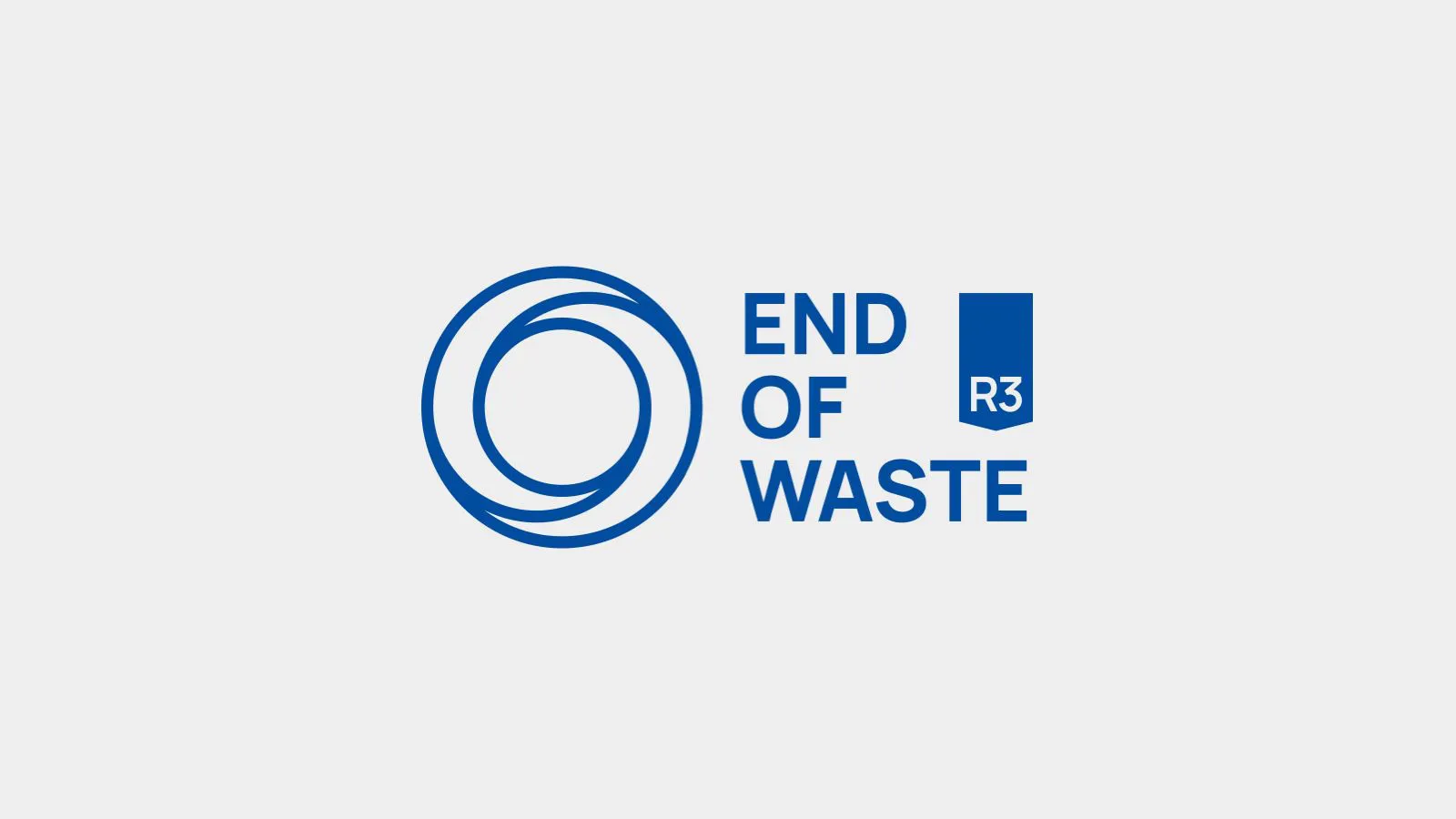End of waste R3
De Paauw Sustainable Resources has, after assessment of its internal procedures and an audit of the results, this "R3 - END OF WASTE" status by the Human Environment & Transport Inspectorate (ILenT), the Ministry of Infrastructure and Water Management and in our case the Twente Environment Agency. received.
We are proud to have received this “R3 - END OF WASTE” status. This allows us to offer our customers the certainty that they are not processing waste, but a pure, carefully controlled and produced raw material. In addition, the plastic product they produce can also be recycled in the future into pure raw material and processed into a product, and so on.
An additional advantage is that our products (and what is made of them) can be transported with simpler procedures and documents because the complex waste legislation does not apply.
With this recognition we contribute to the European objectives in the field of plastic recycling, the usability of recyclates and CO2 savings. The 50,000 tons of pure raw material that we produce and market each year from plastic waste accounts for 135,000 tons of CO2 savings compared to incinerating the waste and new production from oil.
You can request more information by emailing info@dpsr.com




